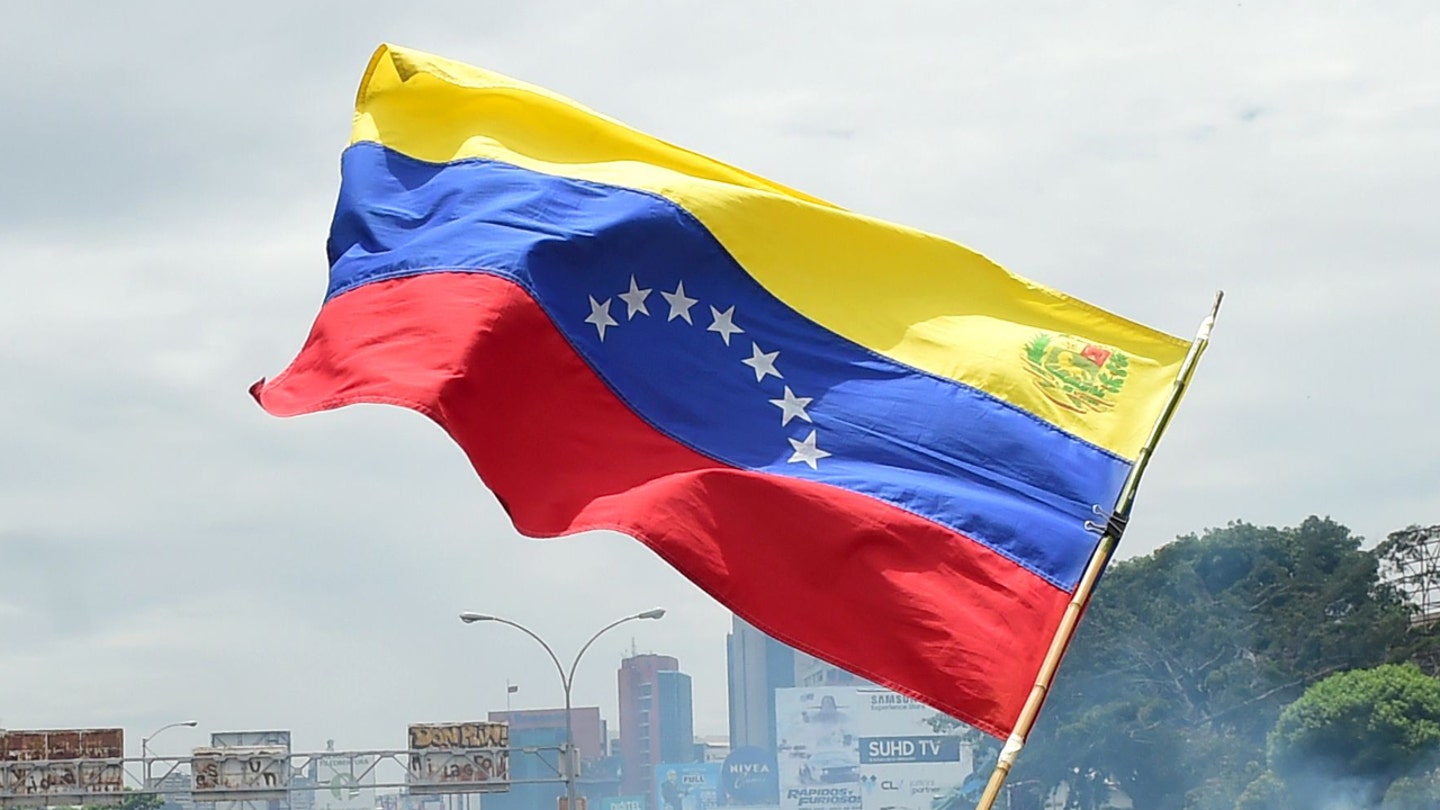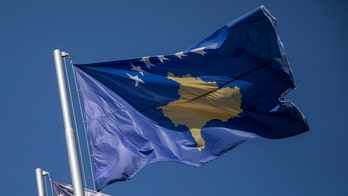Despite declaring victory, Hungarian Prime Minister Viktor Orbán's Fidesz-KDNP coalition has suffered its worst European Parliament election performance since joining the EU 20 years ago, facing a significant challenge from a newly emerged political movement led by Péter Magyar.

In the wake of Sunday's European Parliament elections, Hungarian Prime Minister Viktor Orbán's government has claimed victory, but the celebrations have been tempered by an acknowledgement of Fidesz's poor showing compared to previous EU elections.
Fidesz managed to secure 11 of Hungary's 21 EU delegates, more than any other domestic competitor, with 44% of the vote. However, this represents a significant decline from the 52% support the party received in the 2019 polls, and it lost two seats in the European Parliament.

The lackluster performance has been attributed to the emergence of a new political force in Hungary—Péter Magyar, a former Fidesz insider who has declared his intention to build a popular movement to defeat Orbán and dismantle his autocratic system. Magyar's party, Respect and Freedom (TISZA), garnered nearly 30% of the vote, winning seven delegates in the EU legislature.
Analysts believe that Orbán's authority, which has been unchallenged since his return to office in 2010, now faces a significant threat. "We are in uncharted territory," said András Bíró-Nagy, director of the Budapest-based think tank Policy Solutions. "It was previously unthinkable that a single political party could pose a serious challenge to Viktor Orbán."
Magyar's rise has been fueled by a series of scandals and economic crises that have weakened Orbán's government. Magyar has campaigned on a platform of anti-corruption, economic revival, and a more constructive relationship with the EU.
Hungary's traditional opposition parties have failed to mount a serious challenge to Fidesz due to Orbán's pressure and their own infighting. "The Péter Magyar phenomenon is a symptom of a deep crisis in Hungarian politics," said Bíró-Nagy. "It reflects disillusionment with both the Orbán regime and the established opposition."
Orbán has attempted to consolidate his position by campaigning on an anti-EU platform and exploiting culturally divisive issues such as migration and LGBTQ+ rights. However, Fidesz's weakened position suggests that his hopes for a bigger role on Europe's far-right have been dashed.
"Orbán has already taken the place of the radical right in Hungarian politics," said Bíró-Nagy. "The breakthrough that Viktor Orbán was hoping for didn't materialize at the European level."
The EU has frozen more than 20 billion euros ($21.5 billion) to Hungary over its violations of the rule of law and democratic standards. Orbán's friendly relations with Russian President Vladimir Putin have further isolated him from his EU and NATO allies.
Magyar's success in the European Parliament elections has propelled his movement into a stronger position to challenge Orbán in the next national elections scheduled for 2026. Thousands of his supporters gathered at the Danube River to celebrate their victory, chanting "The end of an era" and "The beginning of the end."










